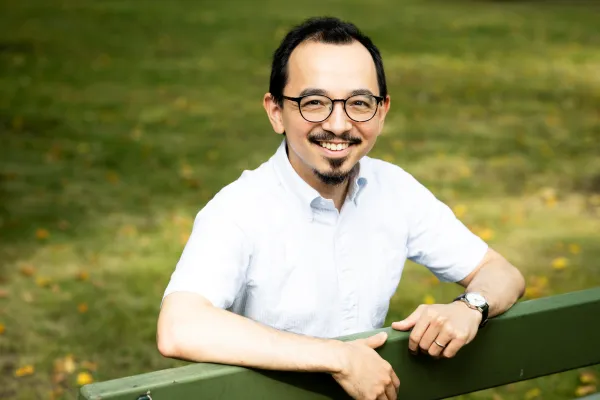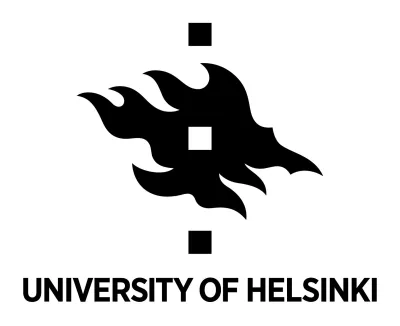Finland

Michael Yoshitaka Erlewine
Michael Yoshitaka Erlewine is a linguist broadly interested in how human languages express meaning. He investigates how we form sentences and map these structures to meaning, and the extent and shape of variation in these strategies across languages of the world. He combines formal linguistic theory, which allows making fine-grained predictions about grammatical behavior, with detailed empirical work on individual languages, including through original fieldwork. In particular, much of his work is based on the study of underdescribed languages of Southeast Asia.
A core use of human language is to describe facts about the world, using simple sentences such as “Abby is in the library.” However, we can also use complex expressions to convey sets of possible alternatives, as in “Abby is in the library or at the store.” Michael Yoshitaka Erlewine’s project investigates the grammatical strategies employed by different human languages for describing and asking about different alternatives. In other words, he studies cross-linguistic variation in the use of question words, disjunctions, and related grammatical particles and the interpretational mechanisms that underly these uses and their variation. Concretely, two subprojects are planned. First, Erlewine will investigate languages that have multiple disjunctors with contrasting range of use, such as Finnish “vai” versus “tai”. His preliminary work shows that such pairs of disjunctors in various languages of the world do not encode the same distinction. Second, he will investigate the use of question words (‘who’, ‘what’, etc.) to express non-interrogative, quantificational meanings, especially in combination with other grammatical particles. He aims to develop a compositional semantic theory that helps to explain the prevalence of such patterns and their cross-linguistic regularities.
Linguistic theory, syntax/semantics, cross-linguistic variation, languages of Asia
